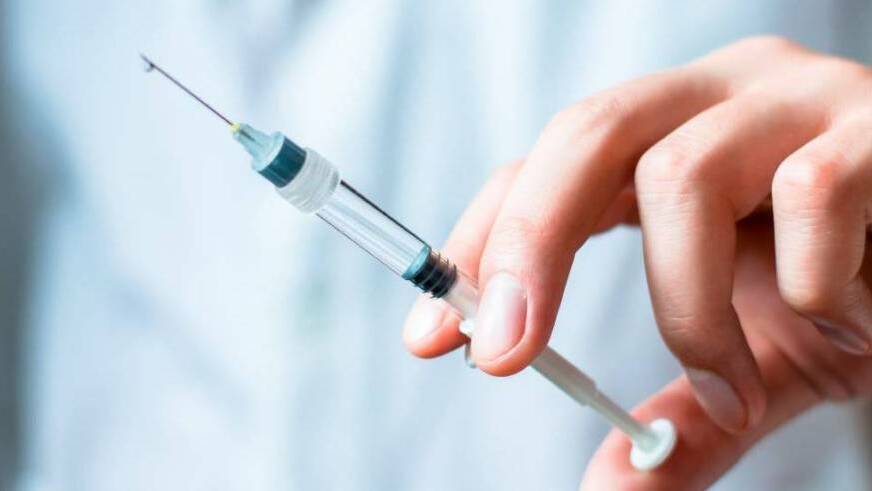
The state remains on track to receive 2300 doses of the Pfizer COVID-19 vaccine each week for three weeks from late February, as Tasmanian GPs and pharmacists respond to a national call-out to assist in the vaccination roll-out.
Subscribe now for unlimited access.
$0/
(min cost $0)
or signup to continue reading
On Tuesday Premier Peter Gutwein confirmed Tasmania's vaccination strategy was progressing as planned.
The comments came ahead of the AstraZeneca vaccine receiving provisional approval for use in Australia, also confirmed Tuesday, paving the way for doses to be rolled out in early March.
The Pfizer vaccine will be administered to priority groups in Tasmania from next week, starting with front-line workers at the Royal Hobart Hospital and expected at the Launceston General Hospital by mid-March.
IN OTHER NEWS:
Meanwhile, Tasmanian pharmacists are continuing to answer a nation-wide call-out to assist in the delivery of the AstraZeneca vaccine, alongside GPs, over the coming months.
An expression of interest process for community pharmacies to help immunise priority populations as part of phase 2a of the national strategy closes on Friday.
Under the plan, pharmacies will be incentivised to provide both doses of the AstraZeneca vaccine, from May onwards.
Pharmacy Guild of Australia Tasmania president Helen O'Byrne said while the responsibility would likely sit with larger pharmacies with on-site immunisers, the response from the state's 160 pharmacies approved to dispense pharmaceutical benefits had so far been encouraging.
"We are really confident," she said.
"Based just on the uptake of the flu vaccine last year, it really cemented in the community's mind that we [pharmacies] are a go to place for vaccinations and it's easy and convenient and well spread through the community.
"I think we will play a significant part in the vaccine roll-out."
Similarly, Tasmania's peak body for medical practitioners says it's confident GPs will answer the call to help administer the vaccine to priority groups, as part of phase 1b of the national roll-out.
While it is not yet known how many GPs have so far signed up as part of an expression of interest process, Australian Medical Association state branch president Helen McArdle said she expected Tasmania's involvement to be on par with the rest of the country.
"I think GPs see themselves as being at the centre of patient care. The vaccination is just one more component to that," she said.
"Where we may have some deficiencies is in our rural and remote areas, just because of the size of general practices and the fact that they may not have enough nurses employed within the general practice.
"But I would say in the metropolitan areas, I would expect we would have an equivalent application rate to the rest of Australia. I know there is a lot of interest out there from GPs."
What do you think? Send us a letter to the editor:


